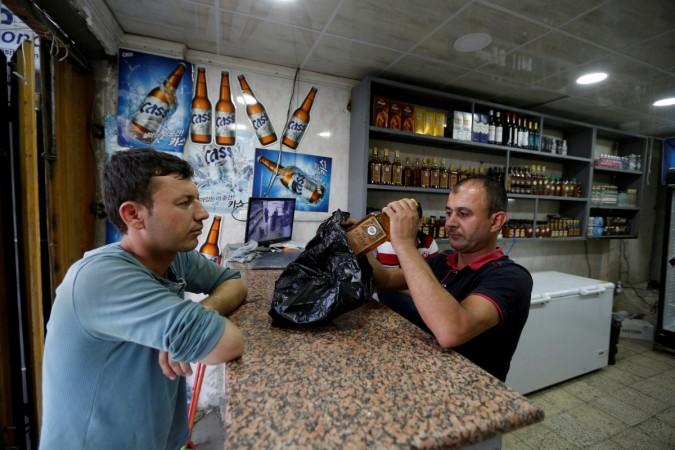
Canada has come up with a controversial program for alcoholics, which is said to help in managing their addiction by providing them with doses of wine on an hourly basis. The program has now grabbed the attention of Australian researchers.
Also Read: Here are a few things you should know about hangovers
This one-of-a-kind program is called Managed Alcohol Programs (MAPs) and has triggered international interest while aiding alcoholics from British Columbia and Ontario communities who are struggling with addiction-related issues and homelessness.
The programs in Ottawa and Vancouver were visited by Kate Dolan, a professor at the National Drug and Alcohol Research Centre at the University of New South Wales in Australia, and what she found impressed her.
"We used to lead the world in harm reduction services," Dolan tells the Fifth Estate News, but "the alcohol treatment field has not progressed as much as the illicit drug use field".
Adopted by eight Canadian cities, MAPs is meant for chronic drinkers, the program starts at 7:30am and ends at 9:30 pm. The alcoholics are poured a drink of wine every hour -- called "the Pour".
Thanks to this program, a former hotel named Oaks, is now a permanent home for around 50 people and it has transformed their lives, Fifth Estate News reported.
Thoe in the program have been provided with facilities like food, health care, and alcohol!
Research led Dolan to Canada's Ottawa city's MAP, the program was cost-effective according to her, as there was a far lower amount spent on emergency and health care services. A noteworthy depletion in the alcohol intake was also observed, and a sense of community has embedded itself.
When chronic alcoholics take up MAPs initially "it is all about me, myself and I", Dolan wrote in her study, as reported by cbc.ca.
But with the progress of this program, "they lose the chip on their shoulder and open up", the report further stated.
What remains to be seen is whether the program can prevent chronic binge drinkers get over their habit of over drinking?











